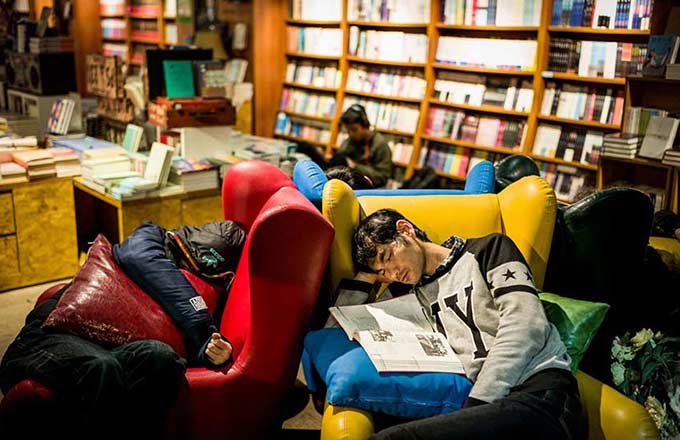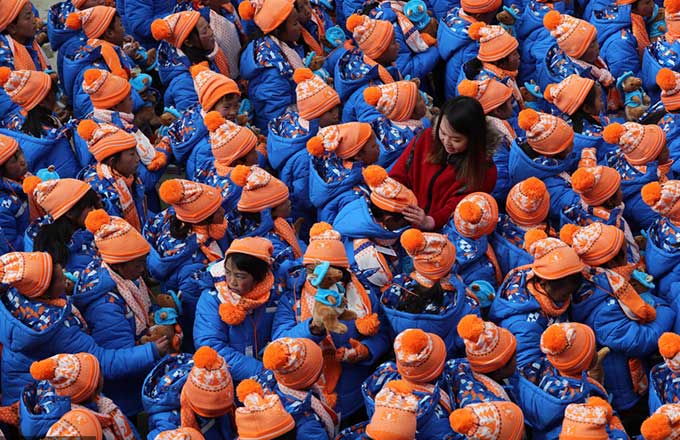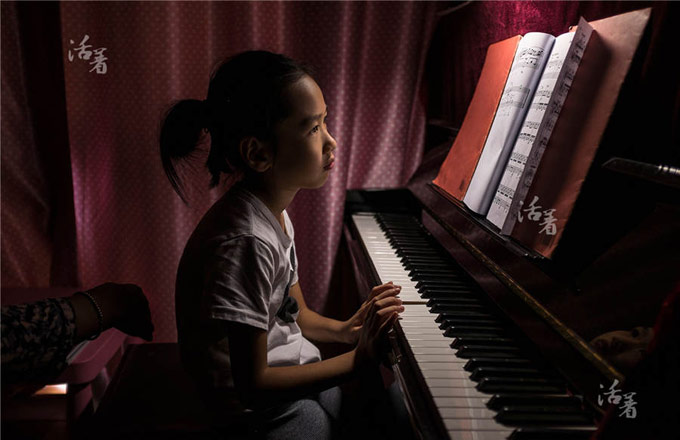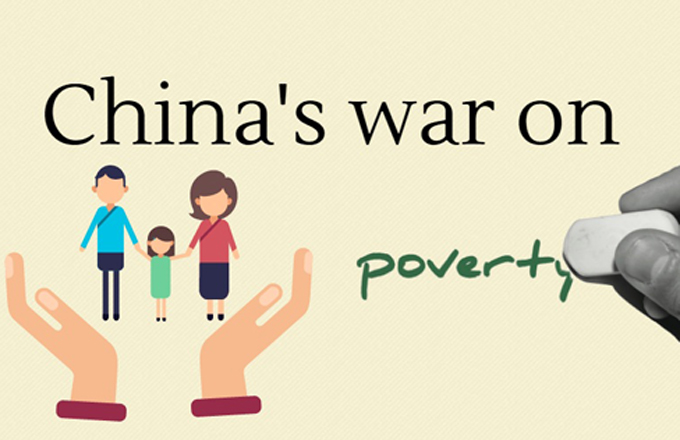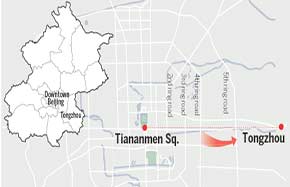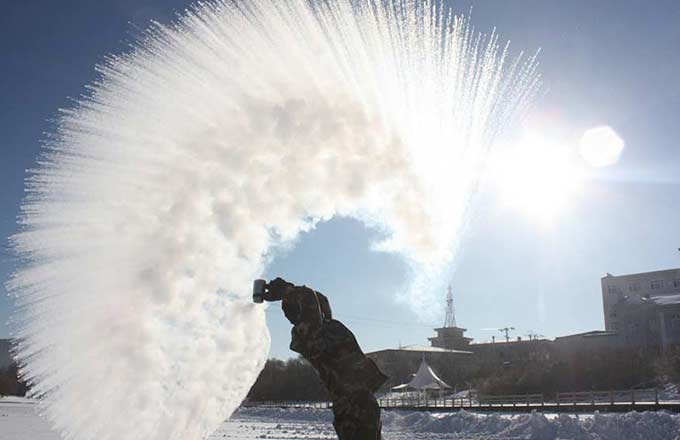On course for an extended run
Wasted resources
According to Zhao, organizers who pay about $1 million to broadcast their marathon live on China Central Television every year in the hope of making it a "name card" for their city are wasting their resources.
"How many people want to spend hours in front of the TV watching a road race? For many of the organizers, it's not a wise decision, and it would be much better if they invested the money in upgrading the services they provide during the event," he said.
According to Li Zicheng, a former national team marathon runner and winner of the 2010 Shanghai International Marathon, more than half the long-distance events in China have the word "in
ternational" in their titles. As a result, some smaller races use unlicensed agents to invite foreign runners, mostly from Africa, to compete. The agents share the prize money if their athlete wins, so it's natural for them to invite the best runners available.
"I don't have an issue with African runners at all. It's just that professional races should be better regulated," Li said.
Tao Shaoming, one of China's best-known agents for marathon runners, said a more professional infrastructure would help to ensure the sport's sustainable development. "While the marathon is a professional sport worldwide, it is still young in China." he said.
In 2012, Tao, a former national team coach, opened his first training camp in Kenya. Now, he has five camps in Africa, where he trains about 300 athletes. As an agent, he has signed more than 20 elite runners, including Mulu Seboka, winner of the 2014 Dubai Marathon, and Mariko Kipchumba, winner of the 2015 Beijing International Marathon.
Many of the foreign athletes on Tao's books compete in China regularly, but in recent years he has also taken Chinese runners to participate in events overseas. He said the sight of African runners dominating marathon races isn't unique to China, but applies to most major events across the globe: "It's just like in table tennis, where Chinese players are playing everywhere and collecting most of the medals."
According to Zhao, many marathon organizers motivate the runners to deliver their best performances by making prize money dependent not only on their result but also their finishing time.
At the Beijing International Marathon, the prize money for the winning male athlete doubles from $20,000 to $40,000 if he finishes the course within 2 hours and 9 minutes, while the bar for women is 2 hours and 25 minutes. In addition, many organizers give special awards to top local runners, irrespective of their place at the finish line.
Sun Yingjie, who won the Beijing International Marathon from 2003 to 2005, said it is common practice for events to invite a number of high-class participants because record winning times are a good indication of an event's standing. However, she said it's not necessary for all events to "go global", and many would be better served by emphasizing local attractions and amenities to help the local community.
She accepted that African athletes may have a number of inherent advantages (such as greater lung capacity), but said China has a lot to learn from Japan. At a half-marathon in Ageo, in Japan's central region, on Nov 20, more than 360 runners finished the 21.09-km course within 70 minutes.
"It's incredible. Only about a hundred Chinese runners in total could reach that level," she said. "These amazing performances are the result of education and the Japanese habit of physical exercise, which starts in early childhood."








